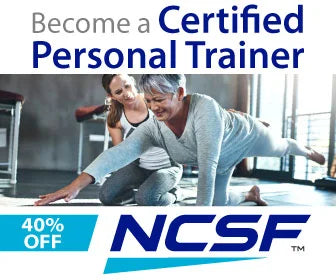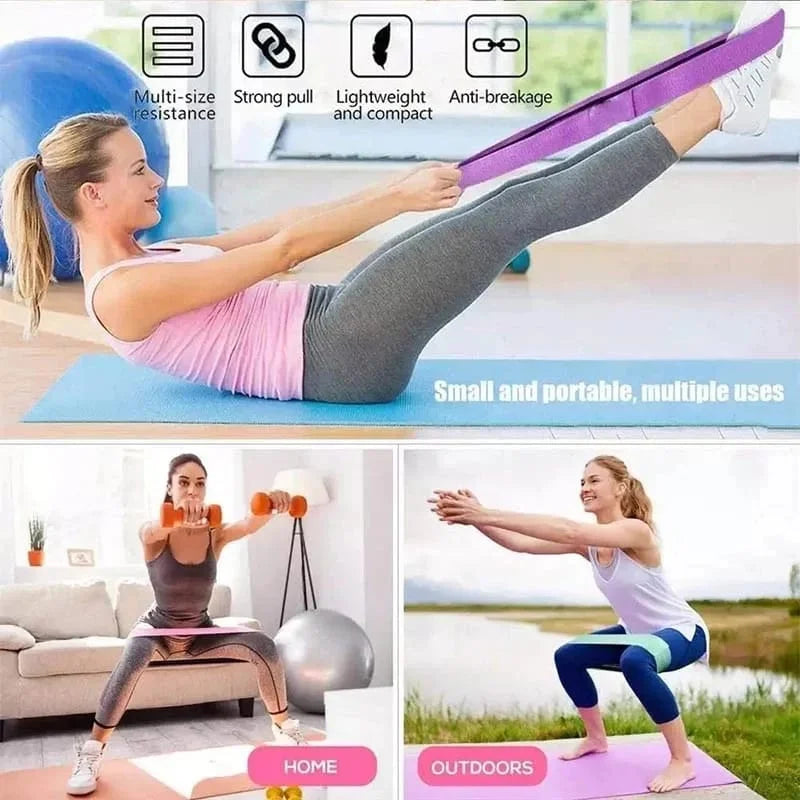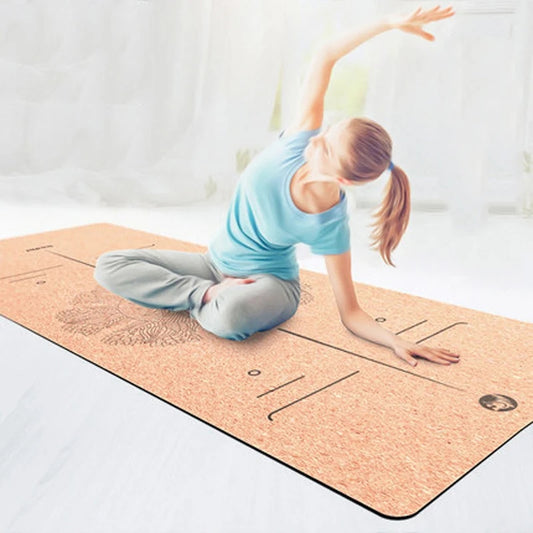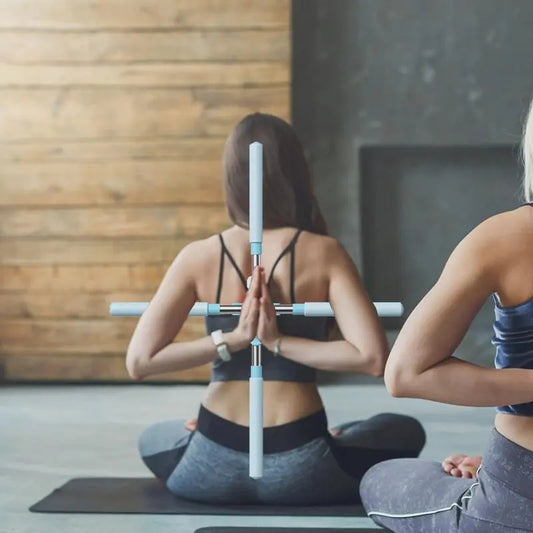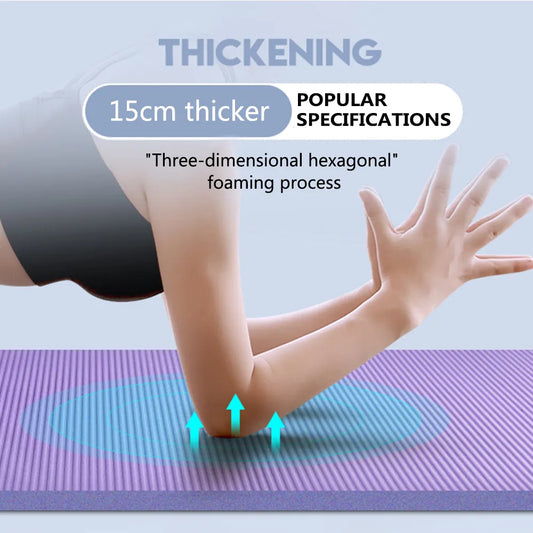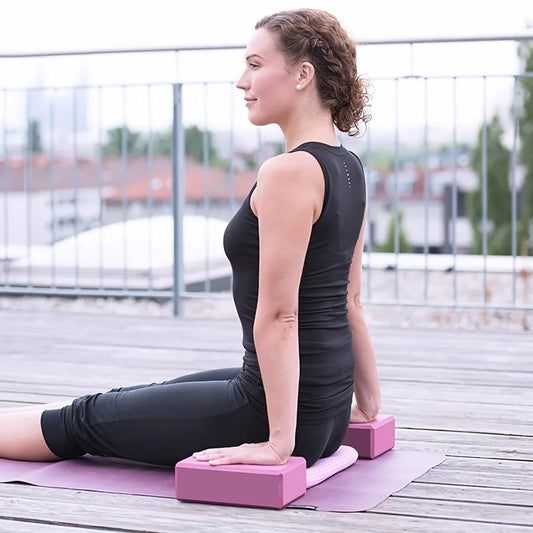Yoga is a holistic practice that integrates physical postures (asanas), breath control (pranayama), meditation, and mindfulness techniques to promote overall health and well-being. Here's an overview of yoga and some tips for practitioners:
About Yoga:
-
Physical Benefits: Yoga improves flexibility, strength, balance, and coordination. Regular practice can help prevent injuries, alleviate chronic pain, and promote better posture.
-
Mental and Emotional Benefits: Yoga reduces stress, anxiety, and depression by promoting relaxation and calming the mind. It enhances mental clarity, concentration, and emotional resilience.
-
Spiritual Connection: Yoga fosters a deeper connection to oneself and the world around us. It encourages self-awareness, self-acceptance, and compassion towards oneself and others.
-
Holistic Approach: Yoga is not just about physical exercise; it's a holistic lifestyle that encompasses healthy eating, mindful living, and ethical conduct (yamas and niyamas).
Tips for Yoga Practitioners:
-
Start Slowly: If you're new to yoga, start with beginner-friendly classes and gradually increase the intensity and duration of your practice as you gain confidence and strength.
-
Listen to Your Body: Pay attention to how your body feels during practice and honor its limitations. Avoid pushing yourself into poses that cause pain or discomfort.
-
Focus on Breath: Cultivate awareness of your breath throughout your practice. Use deep, steady breathing to calm the mind, oxygenate the body, and deepen stretches.
-
Practice Regularly: Consistency is key to reaping the benefits of yoga. Aim to practice yoga regularly, even if it's just for a few minutes each day. Find a routine that works for your schedule and commit to it.
-
Explore Different Styles: There are many styles of yoga, from gentle and restorative to vigorous and dynamic. Explore different styles and teachers to find what resonates with you and meets your needs.
-
Use Props: Don't hesitate to use yoga props such as blocks, straps, blankets, and bolsters to support your practice and make poses more accessible.
-
Stay Present: Be fully present in your practice, focusing on the sensations in your body, the rhythm of your breath, and the movement of your thoughts. Let go of distractions and cultivate mindfulness on the mat.
-
Stay Hydrated and Nourished: Drink plenty of water before and after your practice to stay hydrated. Eat a balanced diet that nourishes your body and supports your energy levels.
-
Modify as Needed: Modify poses as needed to accommodate your body's unique needs and limitations. Listen to your instructor's cues and don't hesitate to ask for modifications or alternatives.
-
Be Patient and Kind to Yourself: Yoga is a journey, not a destination. Be patient with yourself as you progress on your path, and practice self-compassion and self-acceptance along the way.
By incorporating these tips into your yoga practice, you can enhance your physical, mental, and spiritual well-being and cultivate a deeper connection to yourself and the world around you.

